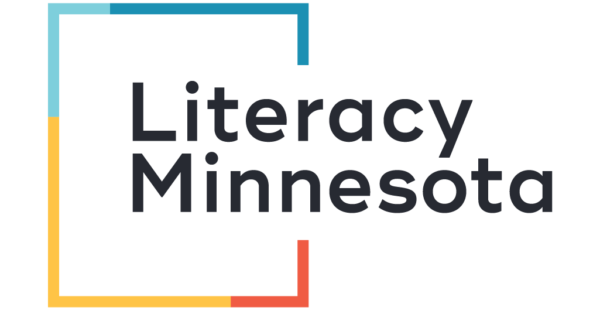Student Magazine to Showcase Writing
Often students don’t view their writing as “real” writing. My idea was that if they could see their writing in a stunning layout with visually appealing pullout quotes, captivating titles, and colorful photos, they would see it in a new way and get excited about the possibilities. Read More


